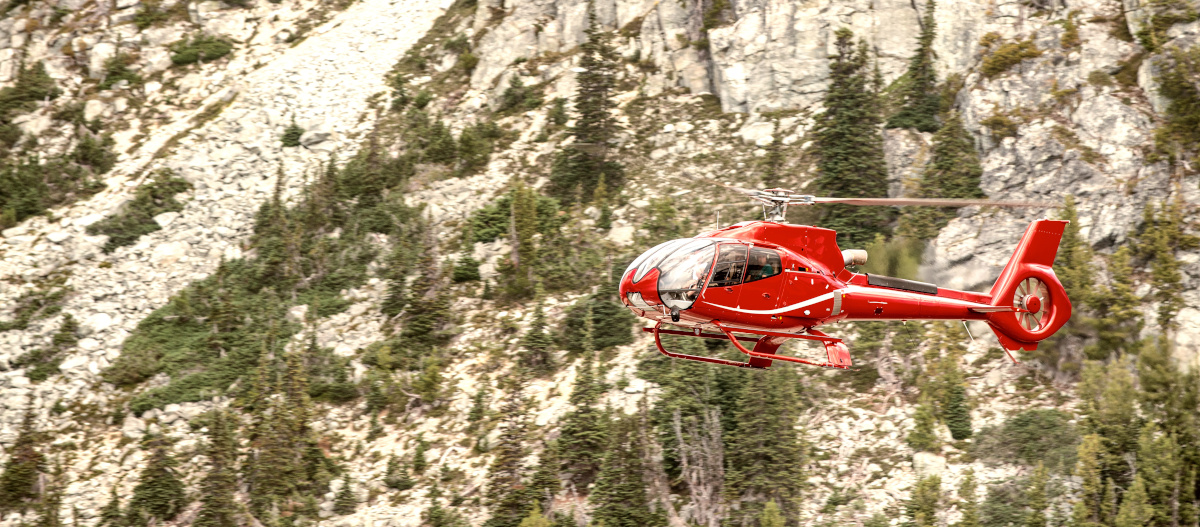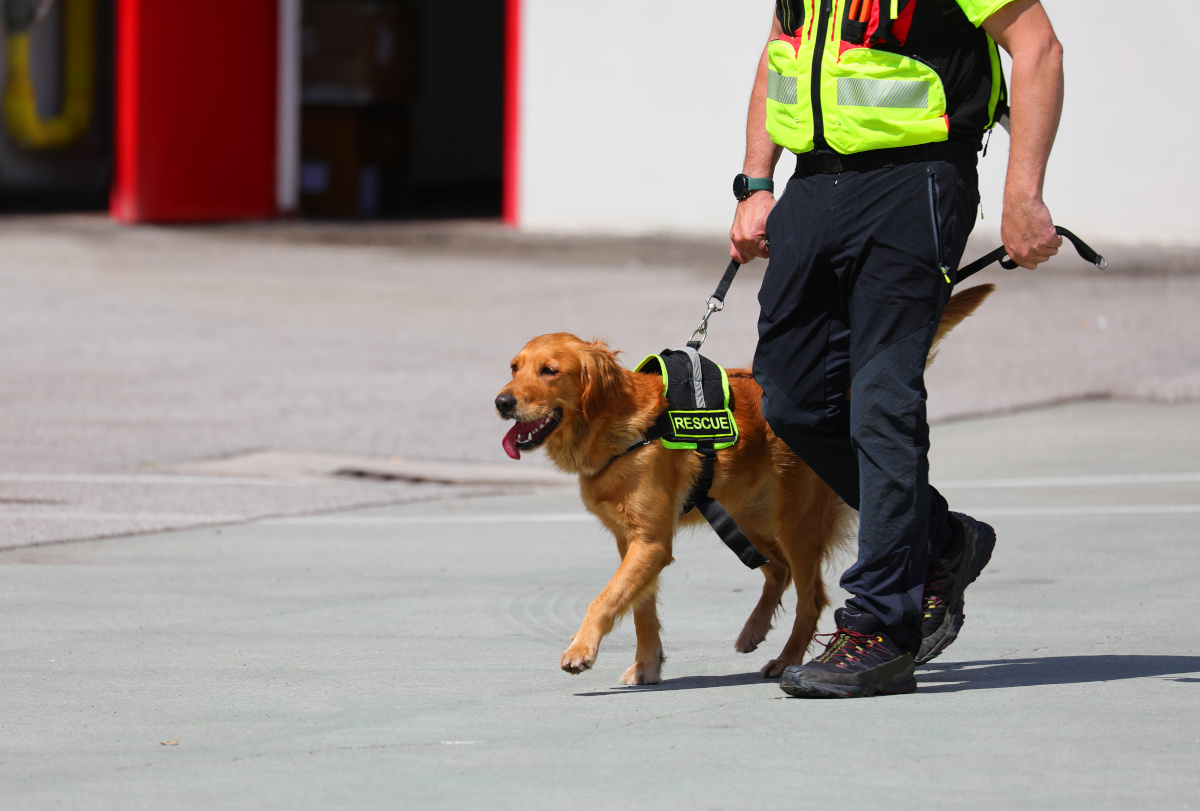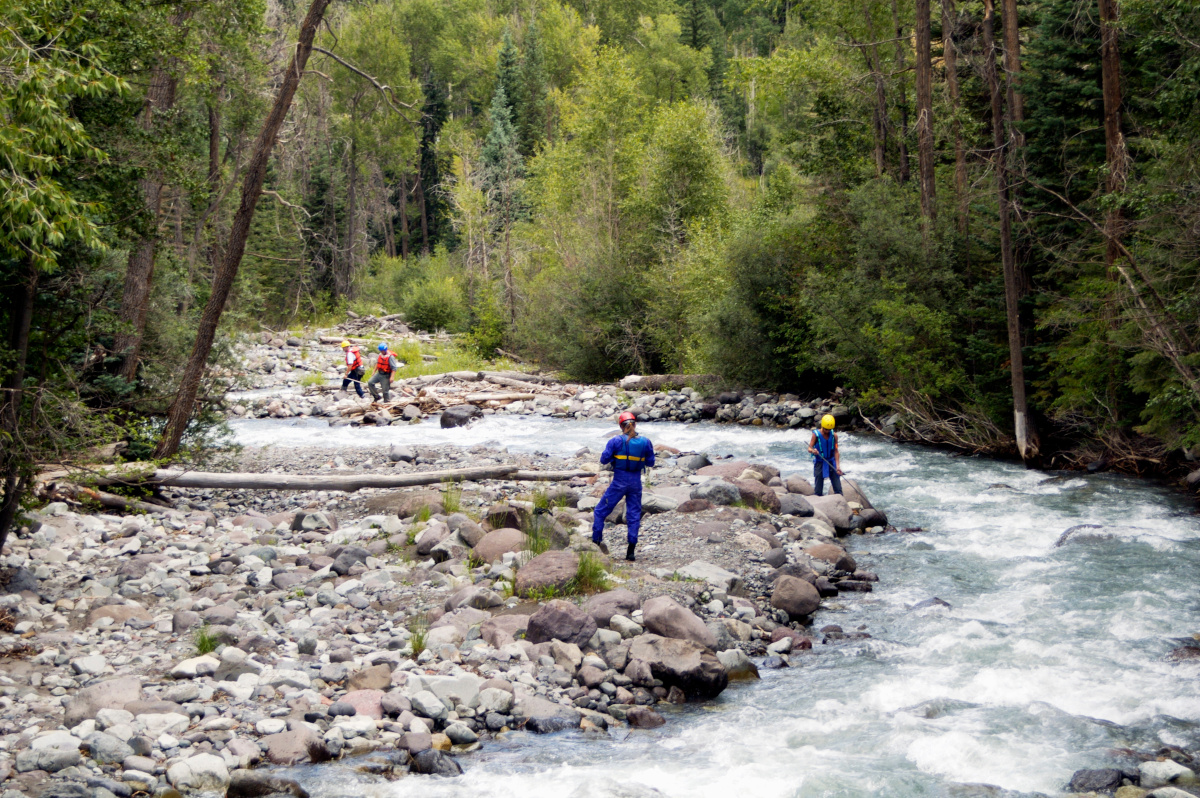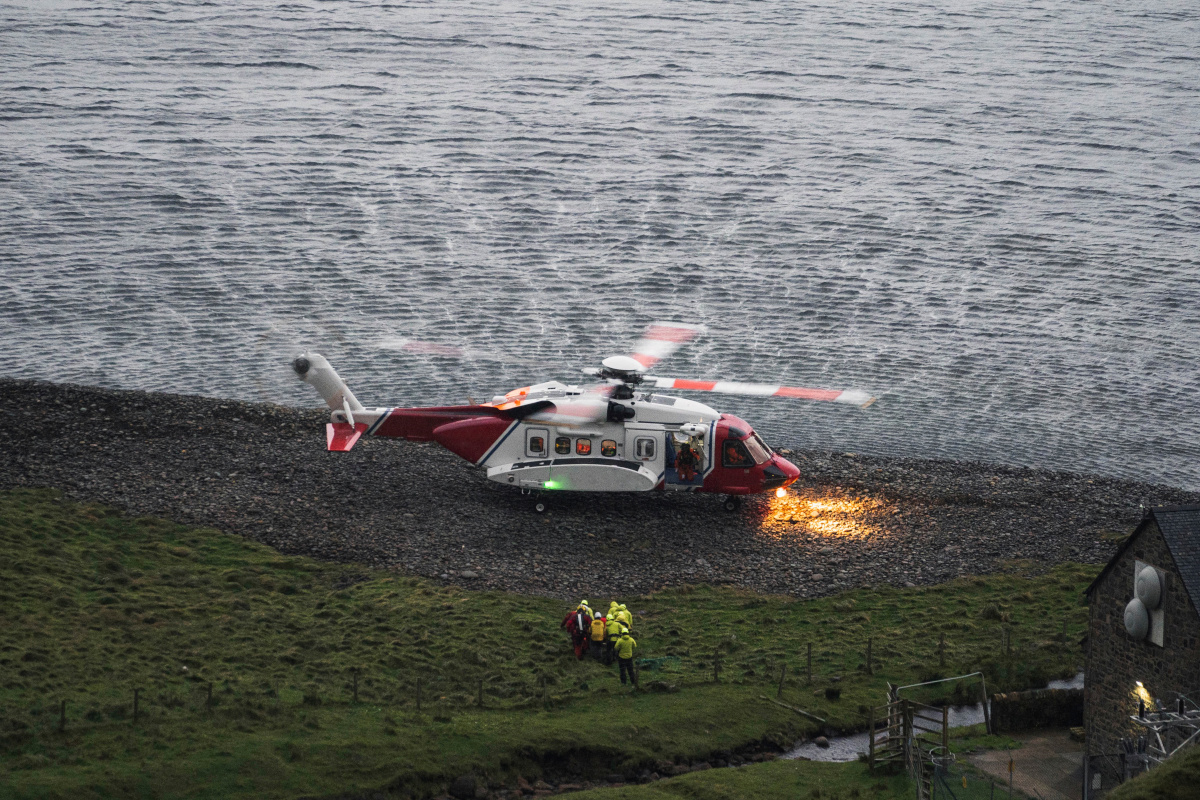
Search & Rescue Insurance
What You Need To Know About Search & Rescue Insurance
Although it doesn't come standard on every travel insurance plan, SAR insurance, as it's sometimes called, is worth having if you're planning on traveling to any remote areas or places where natural disasters are common, or if you're doing any extreme or adventure sports during your trip.
It's true that a rescue benefit is not something you're likely to need. But the more adventurous your trip, the more chance there is that something unforeseen could go wrong.
It's worth noting that search and rescue insurance is not the same thing as emergency evacuation insurance. The latter is a more commonly claimed insurance benefit, used when a traveler can't access the medical care they need abroad and have to be transported home.
On the other hand, search and rescue is when you need to be located and rescued within the country you're visiting. The coverage limit for medical evacuation coverage tends to be much higher than for search and rescue insurance.

How Search & Rescue Insurance Works
In order for a search and rescue effort to be covered by SAR insurance, an official report must first be filed with a relevant local authority regarding a traveler’s missing status.
That report has to contain enough actionable and credible information that the traveler is missing, and the relevant authority must then deem that a search and rescue mission is warranted. This report should be filed either by a traveling companion or by your family at home once they realize you’re missing.
Your travel insurance company may then agree to cover the cost of a rescue mission, carried out by a government entity or private rescue services. And if the local search and rescue services require that rescue costs be paid up front in advance of a search, your travel insurance company may accommodate that request as well. Check the specifics of your policy to confirm.
What’s Covered With a Search & Rescue Plan
Search and rescue efforts can be expensive, depending on their scale and reach. SAR insurance may cover any or all of the following:
Fuel Costs
Personnel and Operating Costs
Transportation Costs
When You Might Need Search & Rescue Insurance
Not all trips require search and rescue insurance. But if you’re doing any adventurous outdoor activities, such as fishing, backpacking, rock climbing, sailing, or trekking, you’ll definitely want to consider it, whether you’re traveling domestically or internationally.
Search & Rescue Insurance for U.S. Travel
If you’re traveling domestically, it’s worth noting that some U.S. states have policies in place to charge individuals for SAR costs, including:
- California
- Idaho
- Maine
- New Hampshire
- Oregon
- Utah
This is because they don’t want to use taxpayer dollars on rescuing visitors or people who have behaved in an irresponsible, reckless manner.
While not widely enforced, these policies are another reason to take out a SAR policy. In the event you have to be rescued, you don’t want to be stuck covering the cost yourself.
Search & Rescue Insurance for International Travel
While rescue operations for foreign tourists are certainly rare, certain destinations can make them more likely. These include places like the following:
- Mountainous regions or anywhere with difficult-to-navigate terrain
- Any sparsely populated or remote regions with little signal or connectivity
- Places known for extreme weather or natural disasters, such as coastal regions and hurricane zones
- Countries with a record of civil unrest
- Countries with a record of targeting tourists for ransom or kidnapping
- Developing countries where local resources are sparse and private rescue teams will likely be needed.
How to Buy Search & Rescue Insurance
If you think you need search and rescue insurance, check the fine print of the insurance policy you plan to buy to see if it’s included as a benefit. Not all insurance providers include it as standard, so make sure you take out a policy with a provider like Redpoint. We offer comprehensive protection for global rescue efforts.
Tips for Selecting a Search & Rescue Insurance Policy
- Check to see if you’re visiting a destination that requires SAR coverage.
- Check if your travel insurance policy includes such coverage in its standard plan.
- Check any exclusions or coverage limits attached to SAR coverage.
- Check if the maximum coverage amount on the policy is suitable for the country you’re visiting.
Factors to Consider When Shopping for a Search & Rescue Insurance Policy
- Make sure the trip you’re planning is considered a covered trip by your insurance policy, and that you’re not visiting a destination that is excluded from SAR coverage.
- If you’re planning to do any high-risk activities, such as heli-skiing or base jumping, make sure they’re not listed as exclusions on your policy.
- Be familiar with any other exclusions on your policy, such as voluntary acts (i.e., running away) or any fines or criminal sanctions that come as a result of your rescue.
FAQs about Search & Rescue

1. Does travel insurance cover search and rescue?
2. How much search & rescue insurance do I need?
3. How will I be transported with search & rescue insurance?
4. Do I need approval to use search & rescue insurance?
5. How much is search & rescue insurance?
6. Is it worth it to buy search & rescue travel insurance?
7. Are search & rescue and medical evacuation insurance the same?
Redpoint Travel Protection Can Help
Repoint Travel Protection is ideal for travelers embarking on adventurous trips to remote places. Our travel insurance policies include search and rescue coverage, so you can enjoy your trip knowing that no matter what happens, you should be covered. Learn more about our international travel insurance plans — Ripcord, Cavalry, and Harbor — and get a quote for your next trip today.

